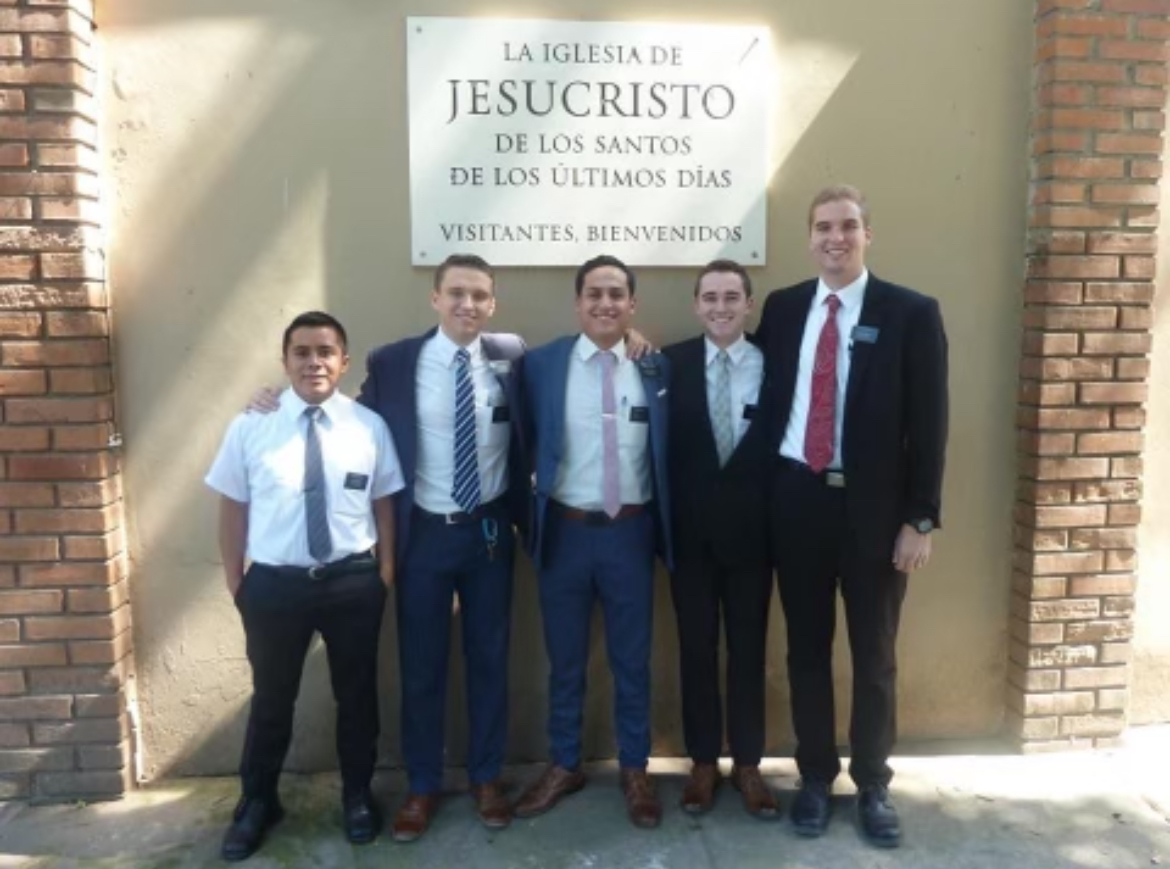With a significant number of returned missionaries at BYU, many students seek ways to sharpen and expand their foreign language skills.
BYU is one of the top 25 foreign language schools in the country, according to College Factual. From foreign language courses to foreign language choirs, the BYU Center for Language Studies offers intermediate language learners — such as returned missionaries — a variety of opportunities to advance their language and cultural skills.
One such opportunity is the Language Immersion Student Residence located in the northeastern corner of campus. At the LISR, BYU students have the opportunity to live in an immersive language environment where English is prohibited and only the specific foreign language is spoken.
Faith Hall, a double major in Russian and family studies, lives at the LISR’s Russian house. According to Hall, LISR tenants prepare and enjoy dinners together four times a week, all while only speaking their foreign language.
“I really love having dinner everyday (at the LISR),” Hall said. “I get to eat things that I wouldn’t usually think of eating. And, I don’t have to cook every day.”
Hall has been a resident of both the Russian and Spanish houses at the LISR, and worked as the language facilitator for the former.
“10 out of 10, recommend,” Hall said. “The community is more intellectual and just fun, down to earth than a lot of other places.”
Brennan Motes, a BYU junior studying biology and Spanish, served as a missionary in Honduras and Orem. Though he returned home two and a half years ago, Motes said he hasn’t given up on his Spanish learning.
Motes currently works remotely as a medical interpreter for In-House Interpreting, acting as the liaison between doctors and their Spanish-speaking patients.

Because of the nature and location of his job, Motes said he interacts with Spanish speakers of various nationalities, expanding his cultural understanding of the language, specifically within in the medical context.
“I have to stay super conversational but super professional at the same time,” Motes said.
Motes said he is also working toward joining BYU’s chapter of the National Collegiate Hispanic Honor Society, Sigma Delta Pi.
Riley Crowther, another Spanish-speaking returned missionary at BYU, said she has been taking Spanish classes suitable for returned missionaries, as well as interning at Community Help Connect. Community Help Connect is an organization that seeks to help low-income, uninsured men, women and children in Utah County access medical, dental and mental health care.
During her time there, Crowther said she has served as a medical interpreter for Spanish speakers, guiding them towards the mental health resources they need.
“I mean, you just have to make opportunities for yourself,” Crowther said.
Students can visit or contact the BYU Center for Language Studies to find more information about foreign language resources.




